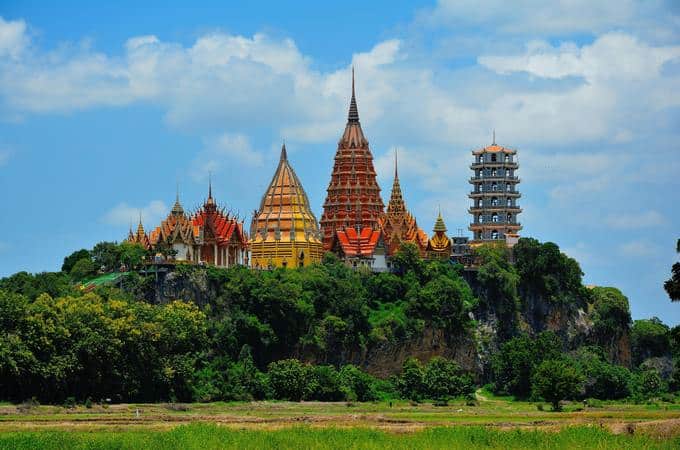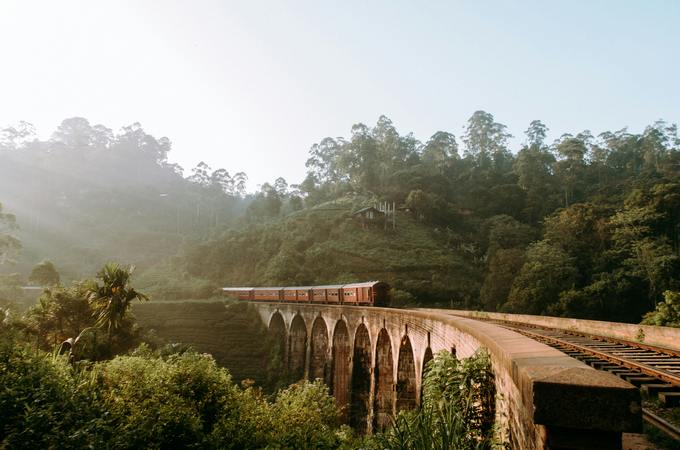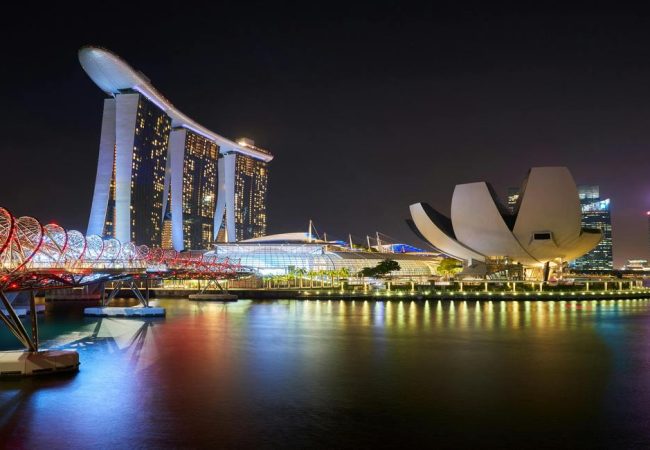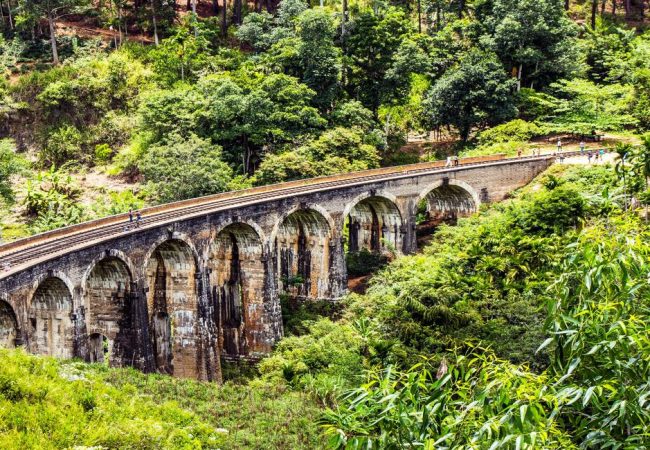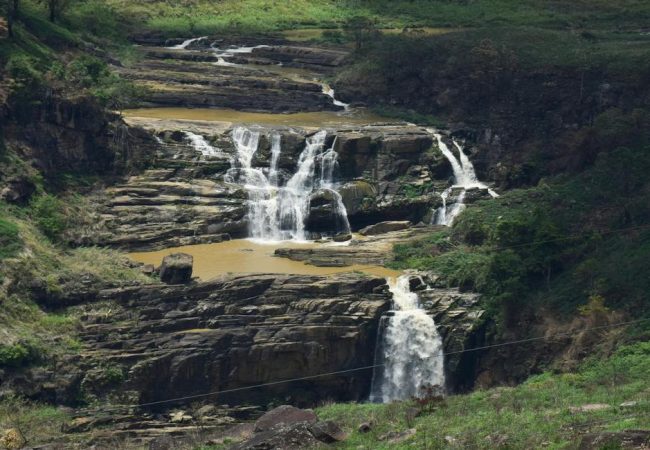PV00333809
Welcome To Sri Lanka
Of course! Sri Lanka is a country with a rich cultural tapestry, and this is reflected in its diverse calendar of holidays. They can be divided into National Holidays and Public, Bank & Mercantile Holidays, which are often based on the four major religions: Buddhism, Hinduism, Islam, and Christianity.
Here is a comprehensive guide to the main holidays in Sri Lanka.
National Holidays
These three days are significant for the entire nation and commemorate important events in Sri Lanka’s modern history.
- National Day (Independence Day)
- Date: February 4
- Significance: Celebrates Sri Lanka’s independence from British rule in 1948. The main celebration is a grand military parade and cultural performances in Colombo, presided over by the President.
- May Day (International Workers’ Day)
- Date: May 1
- Significance: Celebrates the achievements of workers. Major political parties hold large rallies across the country.
- Heroes’ Day (Remembrance Day)
- Date: May 19 (observed on May 22 if it falls on a weekend)
- Significance: Commemorates the end of the Sri Lankan Civil War in 2009. It is a day of remembrance for all armed forces personnel who died in the line of duty.
Major Public & Religious Holidays
These are the main religious festivals that are public holidays. Dates for many of these change every year as they are based on lunar calendars.
Buddhist Holidays
- Duruthu Poya Day (January): Commemorates the Buddha’s first visit to Sri Lanka.
- Navam Poya Day (February): Celebrates the appointment of the Buddha’s two chief disciples.
- Medin Poya Day (March): Marks the Buddha’s first visit to his father’s palace after his enlightenment.
- Bak Poya Day (April): Celebrates the Buddha’s second visit to Sri Lanka.
- Vesak Poya Day (Usually in May)
- Significance: The most important Buddhist holiday. It commemorates the Birth, Enlightenment, and Passing Away (Parinirvana) of the Buddha.
- Traditions: Homes and streets are decorated with lanterns (vesak koodu), pandals (large illustrated boards depicting Jataka tales) are erected, and free food and drinks (dansal) are offered to the public.
- Poson Poya Day (Usually in June)
- Significance: Second only to Vesak. It celebrates the introduction of Buddhism to Sri Lanka by Arahat Mahinda in the 3rd century BCE.
- Traditions: Similar to Vesak but on a slightly smaller scale. Major celebrations occur in the ancient city of Anuradhapura and at Mihintale, where the meeting between King Devanampiyatissa and Arahat Mahinda took place.
- Esala Poya Day (July/August): Commemorates the Buddha’s first sermon and the beginning of the Kandy Esala Perahera, one of Sri Lanka’s most spectacular festivals.
- Kandy Esala Perahera: A 10-day festival in Kandy featuring traditional dancers, drummers, and lavishly decorated elephants. The highlight is the procession of the Sacred Tooth Relic of the Buddha.
Hindu Holidays
- Thai Pongal (January)
- Significance: A harvest thanksgiving festival dedicated to the Sun God Surya.
- Traditions: The cooking of a special rice dish called Pongal in a new pot, which is allowed to boil over as a symbol of prosperity.
- Maha Sivarathri (Usually February/March)
- Significance: The “Great Night of Shiva,” dedicated to the worship of Lord Shiva.
- Traditions: Devotees observe fasting, night-long vigils, and offer prayers at Shiva temples.
- Deepavali (Diwali) (Usually October/November)
- Significance: The Festival of Lights, celebrating the victory of light over darkness and good over evil.
- Traditions: Lighting oil lamps, setting off fireworks, sharing sweets, and wearing new clothes.
Muslim Holidays
- Eid al-Fitr (Hari Raya Puasa)
- Significance: Marks the end of Ramadan, the holy month of fasting.
- Traditions: Special prayers at mosques, feasting with family and friends, and giving of gifts and charity.
- Eid al-Adha (Hari Raya Haji)
- Significance: The “Festival of Sacrifice,” commemorating the willingness of Ibrahim (Abraham) to sacrifice his son.
- Traditions: Special prayers and the sacrificial offering of an animal, with the meat distributed to family, friends, and the poor.
- Mawlid (Milad un-Nabi)
- Significance: Celebrates the birthday of the Prophet Muhammad.
- Traditions: Religious gatherings, processions, and decorating mosques and homes.
Christian Holidays
- Good Friday (March/April)
- Significance: Commemorates the crucifixion of Jesus Christ.
- Traditions: Church services, prayers, and a somber atmosphere. It’s a day of fasting and reflection.
- Christmas Day (December 25)
- Significance: Celebrates the birth of Jesus Christ.
- Traditions: Decorating homes and churches, exchanging gifts, and special meals. “Christmas stars” (lanterns) and Christmas trees are common sights.
Important Cultural Note: Poya Days
- Occurrence: Every full moon day is a public holiday in Sri Lanka.
- Significance: Each Poya day commemorates a significant event in the Buddha’s life. The most important are Vesak and Poson.
- Practical Info: On every Poya day, the sale of alcohol and fresh meat is prohibited by law. This can affect restaurants and supermarkets.
Summary for Travelers
- Best Festivals to Experience:
- Vesak (May): For the beautiful and serene atmosphere of lanterns and lights.
- Kandy Esala Perahera (July/August): For an unforgettable, vibrant, and cultural spectacle.
- Poson (June): For a deeply religious experience, especially in Anuradhapura and Mihintale.
- Planning Your Trip: Be aware that during major holidays like Sinhala and Tamil New Year, the entire country travels. Transport and accommodation can be fully booked, and roads can be very congested.
- Respect: When visiting during religious holidays, dress modestly, especially near temples and places of worship.
This calendar gives you a wonderful insight into the spiritual and cultural heart of Sri Lanka. Enjoy your exploration

